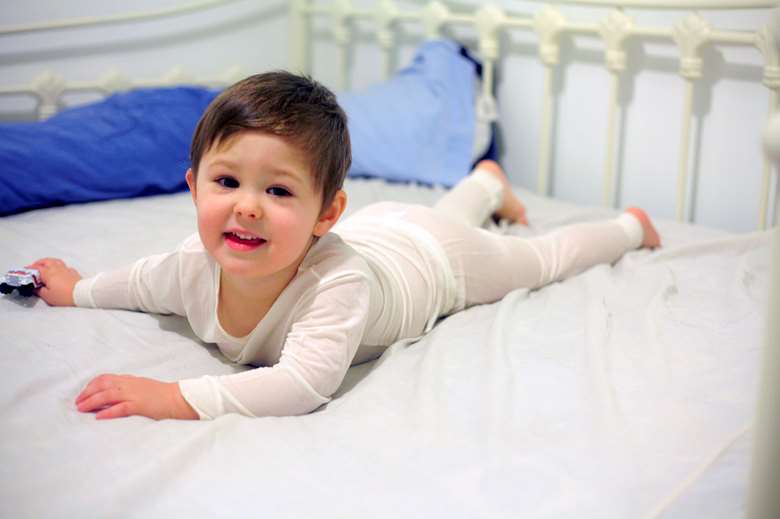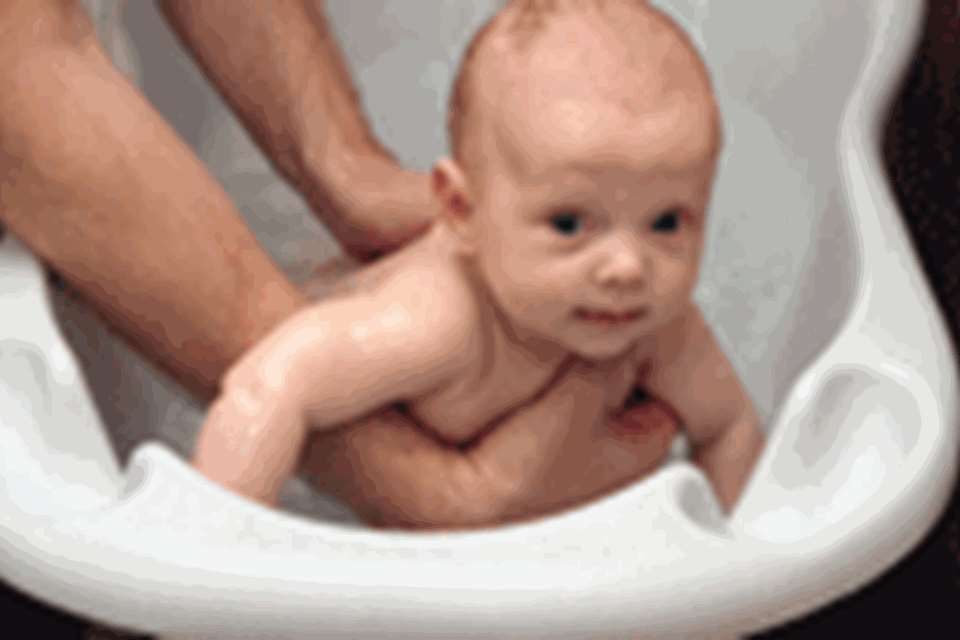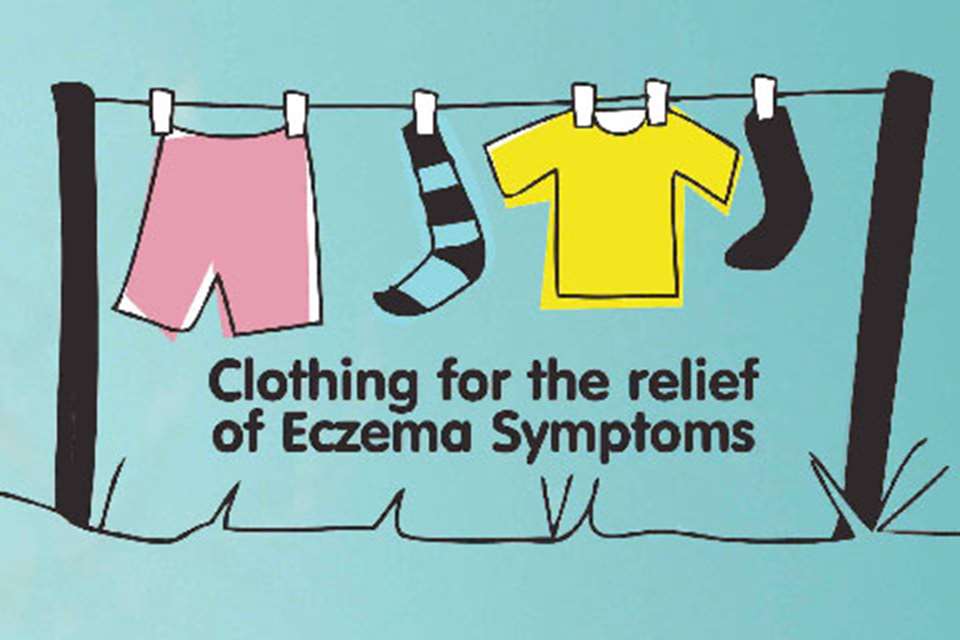Silk clothing not effective in reducing children's eczema
Thursday, April 13, 2017
A clinical trial to determine whether silk clothing can help in the treatment of children’s eczema has found it offers no benefit.

Findings from the trial, which involved 300 children aged one to 15 years of age with moderate to severe eczema, suggest that wearing specialist silk garments does not reduce the severity of the skin condition, nor does it lessen the amount of cream and ointment needed to treat eczema.
Results of the CLOTHing for the relief of Eczema Symptoms trial (CLOTHES trial) are published in the journal PLOS Medicine.
According to researchers from the University of Nottingham, who led the trial, clothing has been thought to play a role in either soothing or making eczema symptoms worse, and specialist clothing is now available on prescription in the UK in a variety of forms, including silk.
The aim of the clinical trial was to determine whether adding silk garments to standard eczema care could reduce the severity of eczema in children with the condition.
Those who took part were split into two groups. One group continued with just their normal eczema treatments, while the other group used their normal eczema treatment and wore silk garments - long-sleeved silk vests and leggings, during the day and night. At the time of the trial, the same silk garments were available on prescription.
All the children continued regularly using emollient creams and topical steroids for controlling inflammation, and were asked not to change their standard treatment for the duration of the trial if possible.
Throughout the trial, their skin was assessed by nurses every two months using the Eczema Area and Severity Index (EASI), which measures how bad eczema is, for example how red and inflamed the skin looks, evidence of scratch marks and skin swelling. Researchers also assessed the children’s eczema symptoms, use of creams and steroids, quality of life and the number of skin infections and hospital admissions.
In terms of severity of eczema, quality of life and use of eczema medications, the researchers found no difference between the children in the two groups. The number of skin infections and hospitalisations due to eczema were also similar.
However, children who used the silk clothing did report small improvements in their eczema, but the differences were minimal.
Professor Kim Thomas from the Centre for Evidence-based Dermatology in the University of Nottingham’s School of Medicine, who led the trial, said, ‘The silk garments that we looked at as part of this trial did not appear to provide additional clinical or economic benefits over standard care for the management of children with eczema.
‘While some may find these results disappointing, we hope that patients and doctors will find the CLOTHES study useful in helping them to make informed decisions about how best to help children with eczema. Unfortunately, this trial suggests that silk clothing probably does not provide value for money for patients or for the NHS.’








